Calendar of events, awards and opportunities
Every week, we update this list with new meetings, awards, scholarships and events to help you get your ducks in a row. If you’d like us to feature something that you’re offering to the bioscience community, email us with the subject line “For calendar.” ASBMB members’ offerings take priority, and we do not promote products/services. Learn how to advertise in ASBMB Today.

Jan. 13: ASBMB Lipid Research Division Seminar Series
The ASBMB Lipid Research Division features the work of young investigators at noon Eastern on Wednesdays. If you are interested in presenting, please contact John Burke. Register once to access the whole series.
"Integrin mechano-chemical signaling generates plasma membrane nanodomains that promote cell spreading" by Joseph Kalappurakkal, National Centre for Biological Sciences, Tata Institute of Fundamental Research, in India.
"Phosphoinositides regulate force-independent interactions between talin, vinculin and actin" by Charlotte Kelley at the Max Planck Institute in Germany.
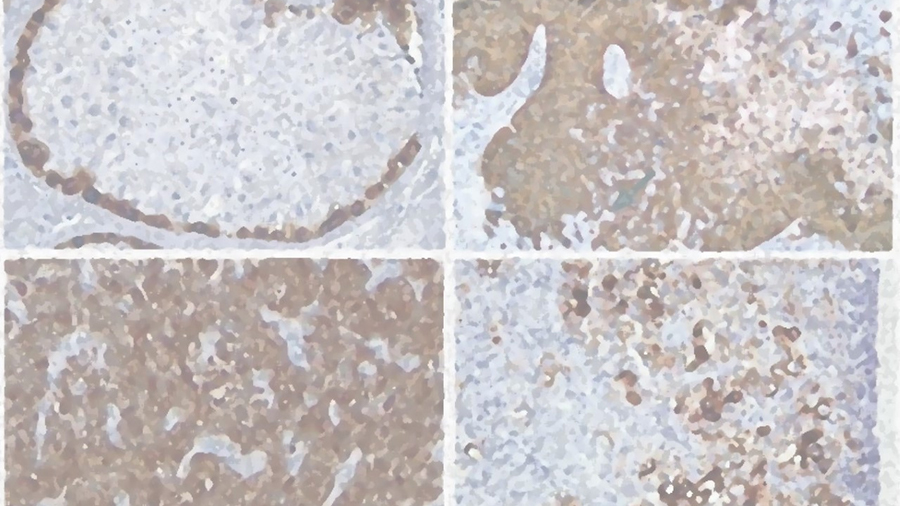
Jan. 14: Cancer–testis antigens
Cancer–testis antigens belong to a large umbrella of proteins that are normally expressed in gametes and trophoblasts but are aberrantly expressed in a wide variety of human cancers. Their relative cancer specificity can spark immune recognition and subsequent tumor killing. As we move toward personalized treatments for cancer, what defines a cancer cell at the molecular level is of significant interest from a therapeutic point of view. In addition, uncovering basic information about pathways that go awry in cancer can lead to understanding of how cancer can be so successful in reusing and repurposing cellular machinery. Speakers at this virtual event will discuss our current understanding of the function of CTAs and advances to target them therapeutically. Register here.
Jan. 29: L'Oréal USA For Women in Science Fellowship application deadline
The L’Oréal USA For Women in Science fellowship program awards grants of $60,000 to five women postdoctoral scientists annually. Candidates must be U.S. citizens or permanent residents and must have completed their Ph.D. and have started in their postdoctoral research position by the application deadline, Jan. 29. See past winners and more information.
Jan. 30: Deadline to apply for PALM fellowship
The Promoting Active Learning and Mentoring (PALM) Network is accepting applications through Jan. 30 from postdocs and faculty members who wish to learn about and get better at implementing evidence-based active learning. This program is supported by the National Science Foundation. During the COVID-19 pandemic, fellows and mentors will participate virtually. Learn more.
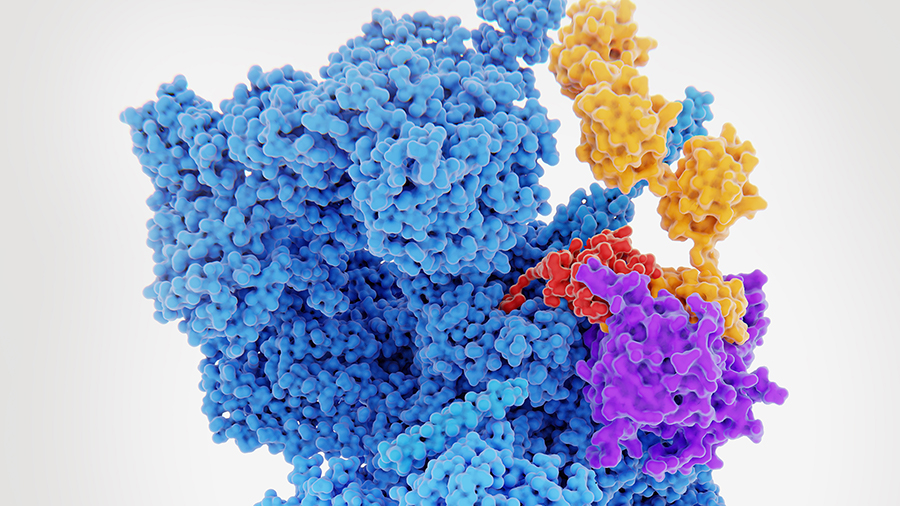
Feb. 24–26: Proteinases and their inhibitors
Founded by Hans Fritz and Vito Turk, the meeting has been providing a scientifically stimulating and outstanding open atmosphere to researchers on proteolytic enzymes for almost four decades. The meeting covers diverse and vibrant fields of protease research, such as mechanistic studies on proteases in their molecular, cellular and organismic context. Sessions include proteolysis in cancer; proteolysis in neuro-signaling and neurodegeneration; proteolysis in blood coagulation; discovery of protease substrates; mechanisms and engineering of proteases, ligases, their substrates and inhibitors. This will be a forum primarily for young scientists (pre- or postdoctoral) to present their exciting and/or intriguing results for discussion with leading experts. Learn more.
March 8–10: NASEM workshop
National Academies of Sciences, Engineering, and Medicine will host a workshop titled “Quantum Science Concepts in Enhancing Sensing and Imaging Technologies: Applications for Biology” virtually on March 8–10. The announcement we received said the event will cover "research and development needs to advance biological applications of quantum-enabled sensing and imaging technologies." Learn more about the project. Register for the event here.

May 4–5: A special symposium celebrating the 50th anniversary of the Protein Data Bank
This celebration of the 50th anniversary of the founding of the Protein Data Bank as the first open-access digital data resource in biology will include presentations from speakers from around the world who have made tremendous advances in structural biology and bioinformatics. Students and postdoctoral fellows are especially encouraged to attend and will be eligible for poster awards. Learn more.
May 31: Application deadline for IUBMB editorship
The International Union of Biochemistry and Molecular Biology is seeking a new editor for its journal Biotechnology and Applied Biochemistry. The editor has a three-year term. Applications are due May 31. See the job description and application instructions.
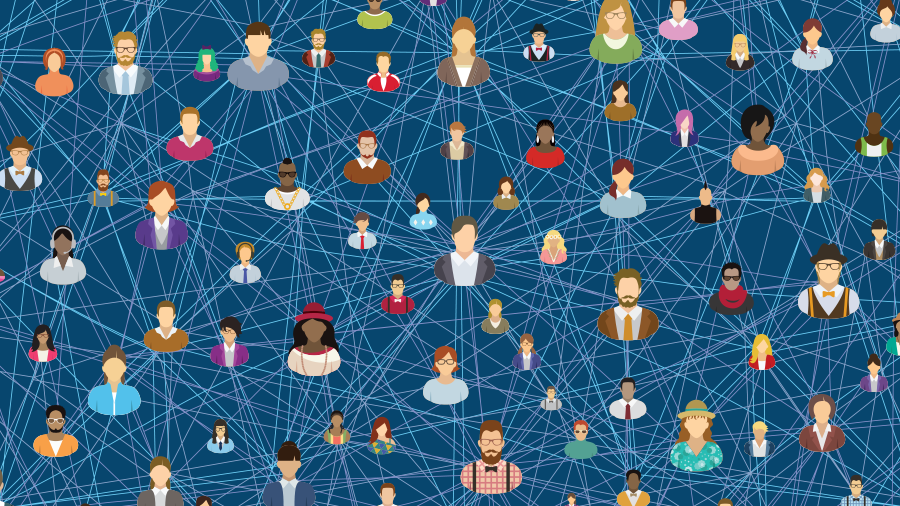
Call for virtual scientific event proposals
The ASBMB provides members with a virtual platform to share scientific research and accomplishments and to discuss emerging topics and technologies with the BMB community.
The ASBMB will manage the technical aspects, market the event to tens of thousands of contacts and present the digital event live to a remote audience. Additional tools such as polling, Q&A, breakout rooms and post event Twitter chats may be used to facilitate maximum engagement.
Seminars are typically one to two hours long. A workshop or conference might be longer and even span several days.
Prospective organizers may submit proposals at any time. Decisions are usually made within four to six weeks.
Enjoy reading ASBMB Today?
Become a member to receive the print edition four times a year and the digital edition monthly.
Learn moreFeatured jobs
from the ASBMB career center
Get the latest from ASBMB Today
Enter your email address, and we’ll send you a weekly email with recent articles, interviews and more.
Latest in Careers
Careers highlights or most popular articles

Upcoming opportunities
Calling all biochemistry and molecular biology educators! Share your teaching experiences and insights in ASBMB Today’s essay series. Submit your essay or pitch by Jan. 15, 2026.
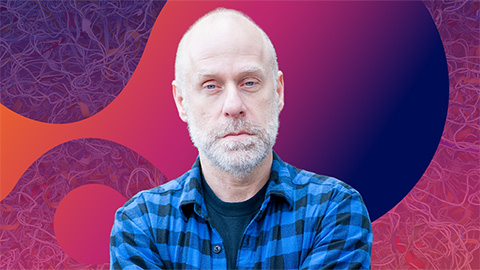
Mapping proteins, one side chain at a time
Roland Dunbrack Jr. will receive the ASBMB DeLano Award for Computational Biosciences at the ASBMB Annual Meeting, March 7–10, just outside of Washington, D.C.
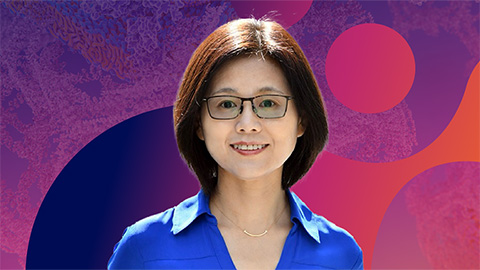
Exploring the link between lipids and longevity
Meng Wang will present her work on metabolism and aging at the ASBMB Annual Meeting, March 7-10, just outside of Washington, D.C.

Upcoming opportunities
Calling all biochemistry and molecular biology educators! Share your teaching experiences and insights in ASBMB Today’s essay series. Submit your essay or pitch by Jan. 15, 2026.

Defining a ‘crucial gatekeeper’ of lipid metabolism
George Carman receives the Herbert Tabor Research Award at the ASBMB Annual Meeting, March 7–10, just outside of Washington, D.C.
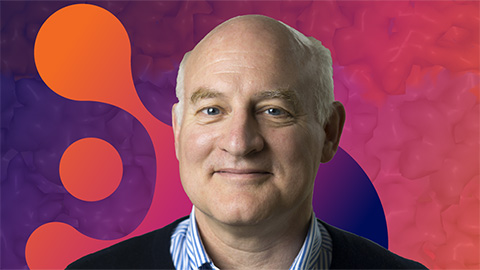
Building the blueprint to block HIV
Wesley Sundquist will present his work on the HIV capsid and revolutionary drug, Lenacapavir, at the ASBMB Annual Meeting, March 7–10, in Maryland.
